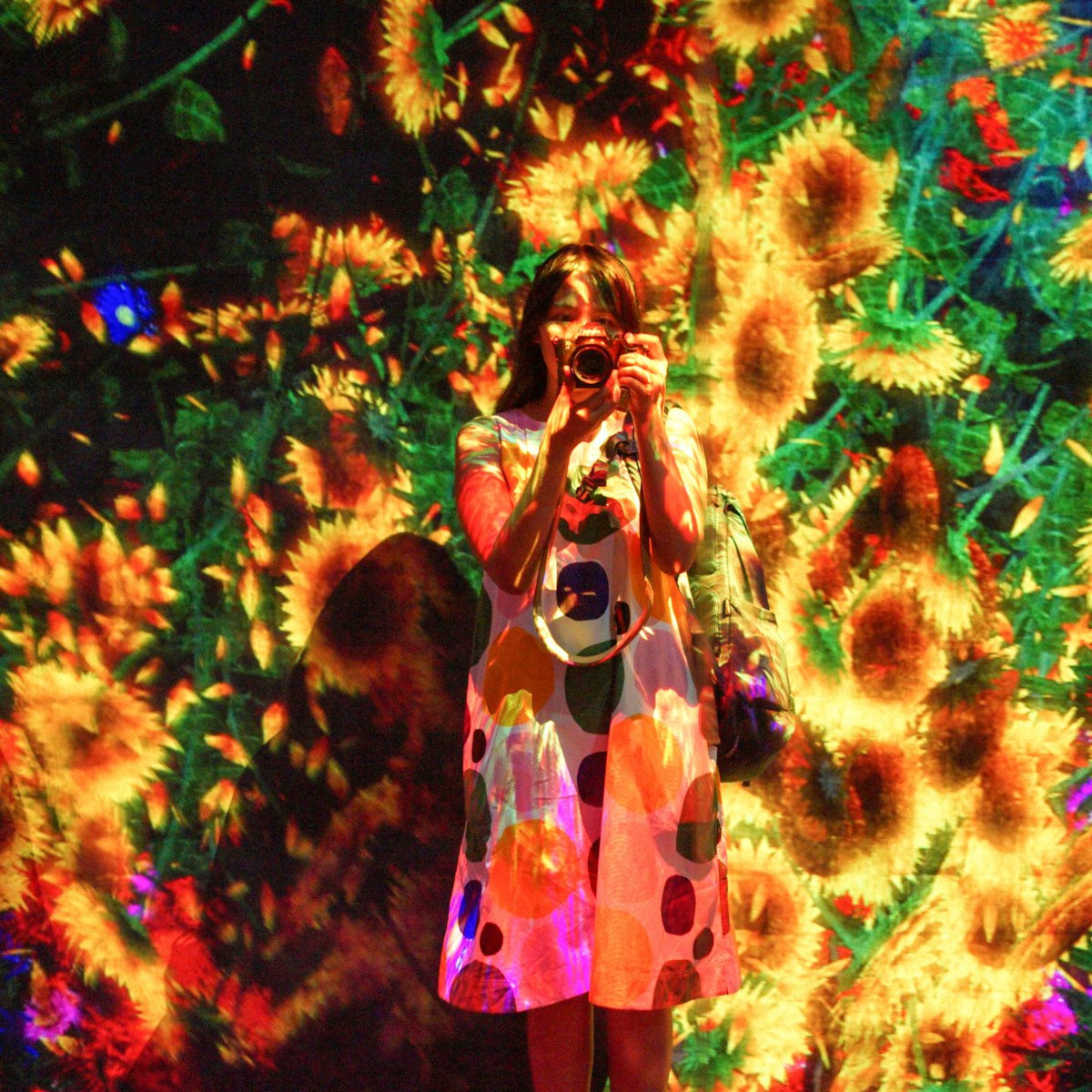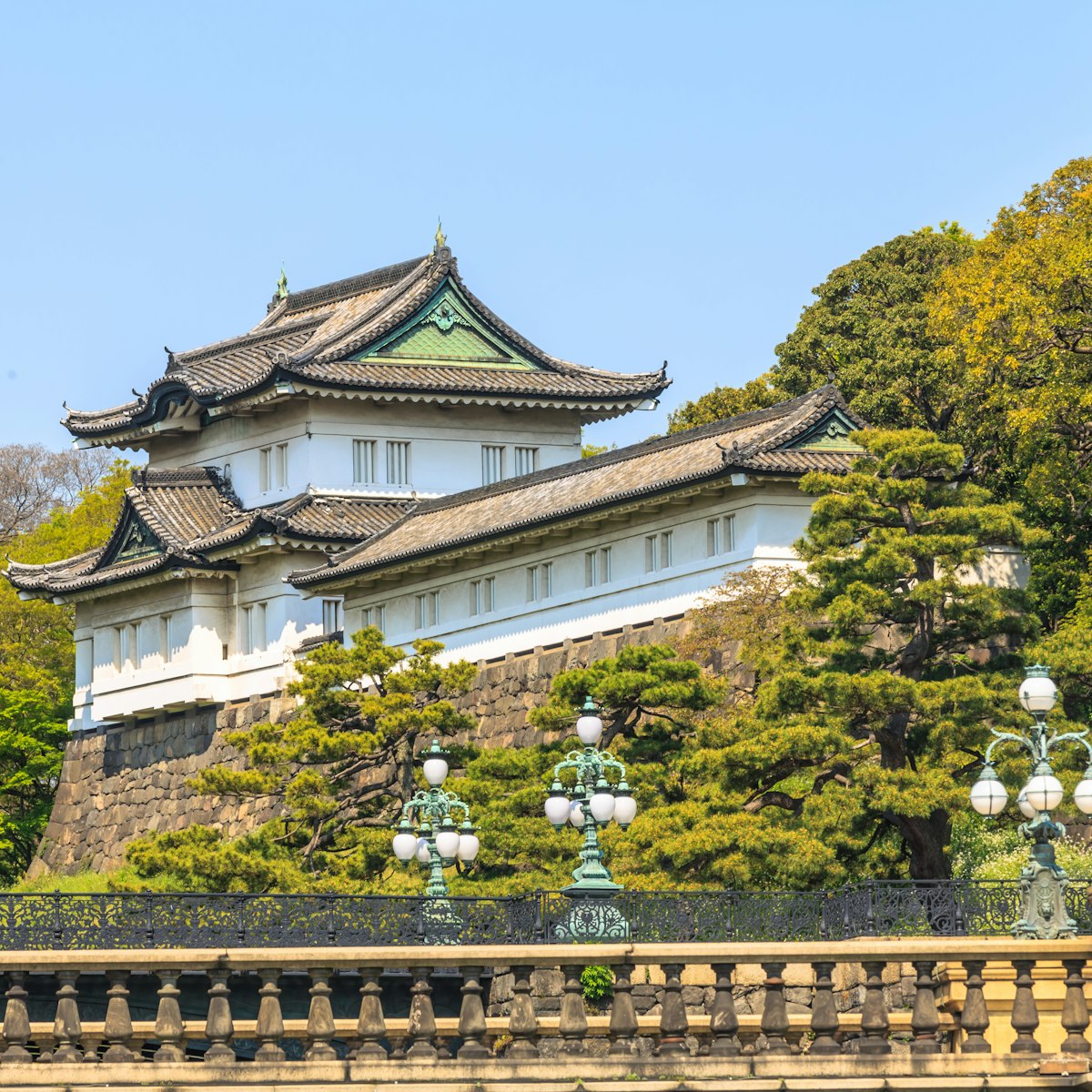Established in 1253, Japan's oldest Zen monastery is still active today. The central Butsuden (Buddha Hall) was brought piece by piece from Tokyo in 1647. Its Jizō Bosatsu statue, unusual for a Zen temple, reflects the valley's ancient function as an execution ground – Jizō consoles lost souls. Other highlights include a bell cast in 1253 and a juniper grove, believed to have sprouted from seeds brought from China by Kenchō-ji's founder some seven centuries ago.
The temple once comprised seven buildings and 49 subtemples, most of which were destroyed in fires during the 14th and 15th centuries. However, the 17th and 18th centuries saw its restoration, and you can still get a sense of its original splendour.
Kenchō-ji offers beginner-friendly, public zazen sessions from 5pm to 6pm on Fridays and Saturdays (enter before 4.30pm). Instruction is in Japanese, but you can easily manage by watching everyone else; arrive at least 15 minutes early. Zazen sessions in English (¥1000) are scheduled for specific dates every couple of months, for which you must apply in advance; see website for details.








